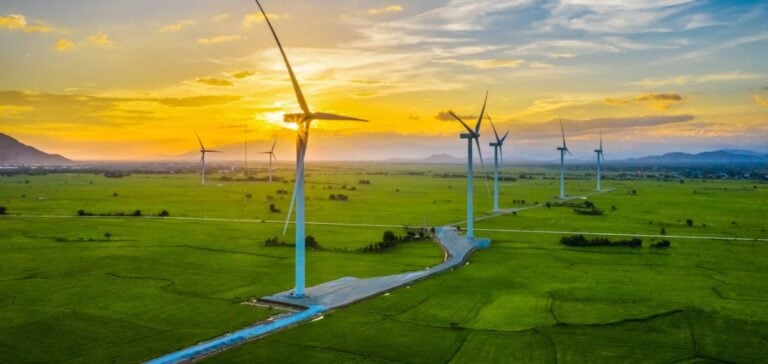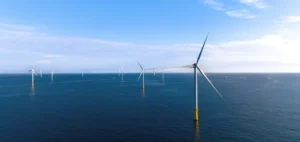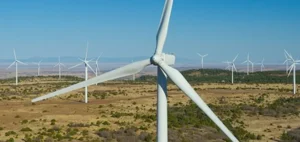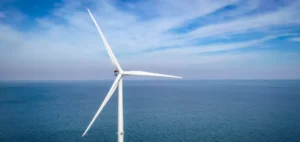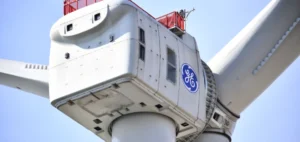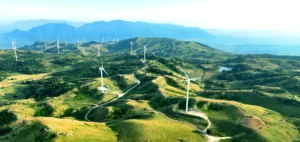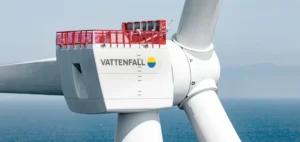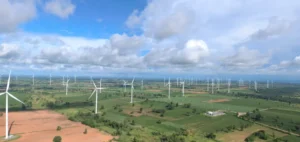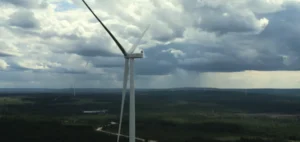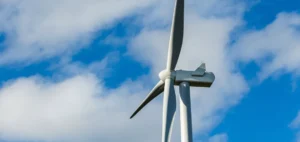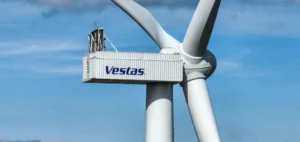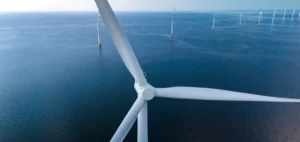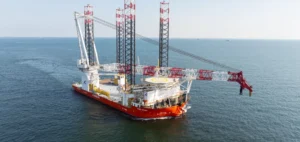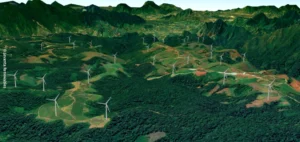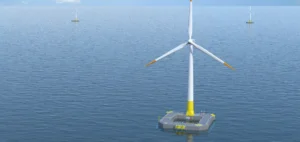Masdar, a major renewable energy player based in the UAE, has signed a strategic agreement with Uzbekistan’s Ministry of Energy to construct a 1-gigawatt (GW) wind farm in the Mingbulak region. This initiative is part of a broader strategy to develop 2 GW of wind projects across the country.
The Mingbulak project, expected to create 1,000 jobs during its construction phase, will become operational by 2027. Once completed, it will provide clean energy to 300,000 households, reduce greenhouse gas emissions, and increase the share of renewables in Uzbekistan’s energy mix.
Strengthened Strategic Partnership
The agreement, signed during COP29 in Baku, was witnessed by senior representatives including H.E. Dr Sultan Al Jaber, Chairman of Masdar, and H.E. Jurabek Mirzamakhmudov, Uzbekistan’s Minister of Energy. This collaboration marks a key milestone in bilateral relations between the UAE and Uzbekistan, aiming to triple global renewable energy capacity by 2030.
This project follows a 2023 agreement to develop additional wind farms in the Karakalpakstan and Navoiy regions, bringing the total planned capacity to 2 GW. These initiatives aim to diversify Uzbekistan’s energy sources, enhance its energy independence, and stimulate sustainable economic growth.
Ambitious Climate Goals
Under the leadership of President Shavkat Mirziyoyev, the Uzbek government has set ambitious energy transition goals, including achieving carbon neutrality by 2050. Projects like the Mingbulak wind farm are pivotal in reducing reliance on fossil fuels and addressing the challenges of climate change.
H.E. Jurabek Mirzamakhmudov emphasized that these projects not only meet growing energy demands but also play a central role in climate adaptation and economic opportunity creation. Aligned with commitments under the Paris Agreement, Uzbekistan is actively pursuing international partnerships to accelerate its renewable energy deployment.
A Global Player in Expansion
Masdar continues its international expansion with landmark projects in more than 40 countries. In Uzbekistan, the company has already delivered major infrastructure, such as the 100-megawatt (MW) Nur Navoi solar plant and the 500 MW Zarafshan wind farm. These installations contribute to the country’s target of generating 40% of its electricity from renewable sources by 2030.
With a declared ambition to reach a global installed capacity of 100 GW by 2030, Masdar is solidifying its leadership in the energy transition. The company also aims to become a major global producer of green hydrogen.


